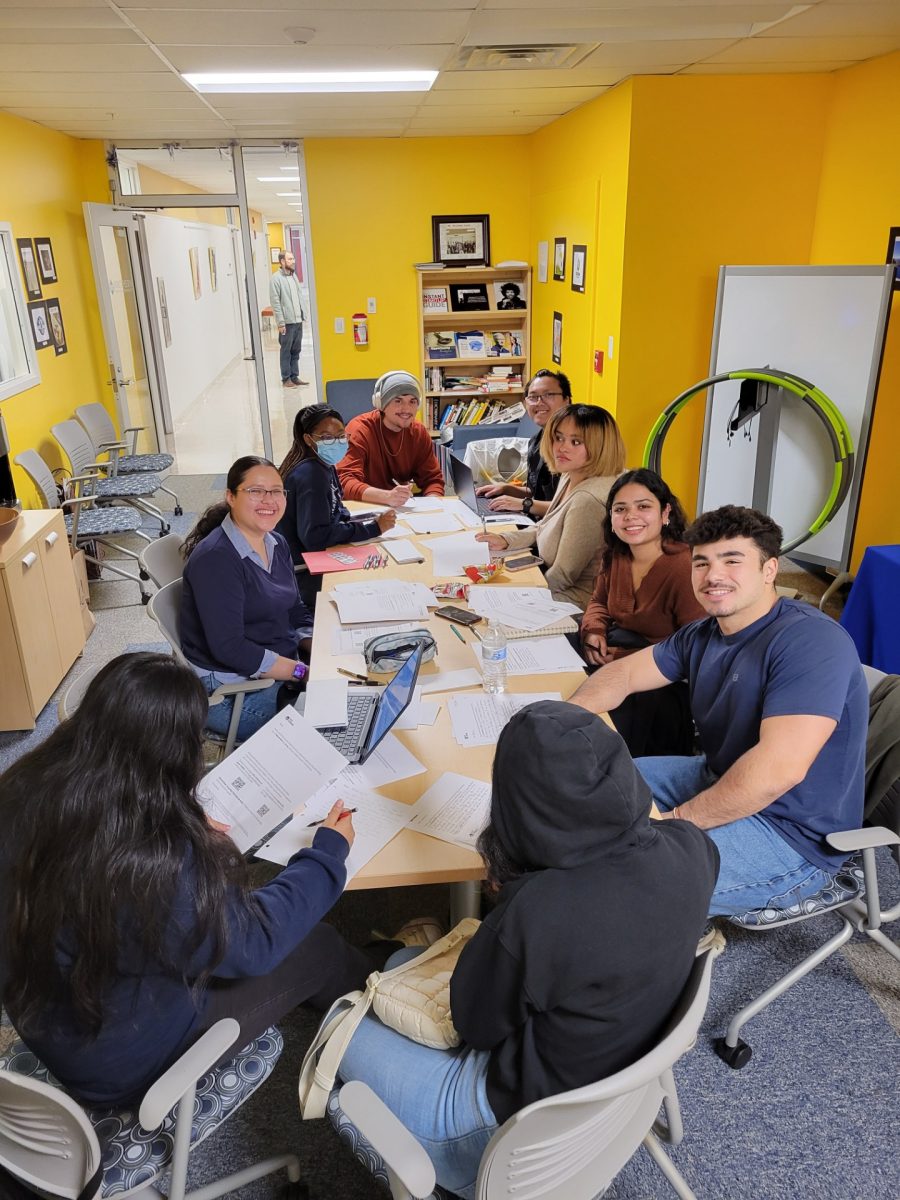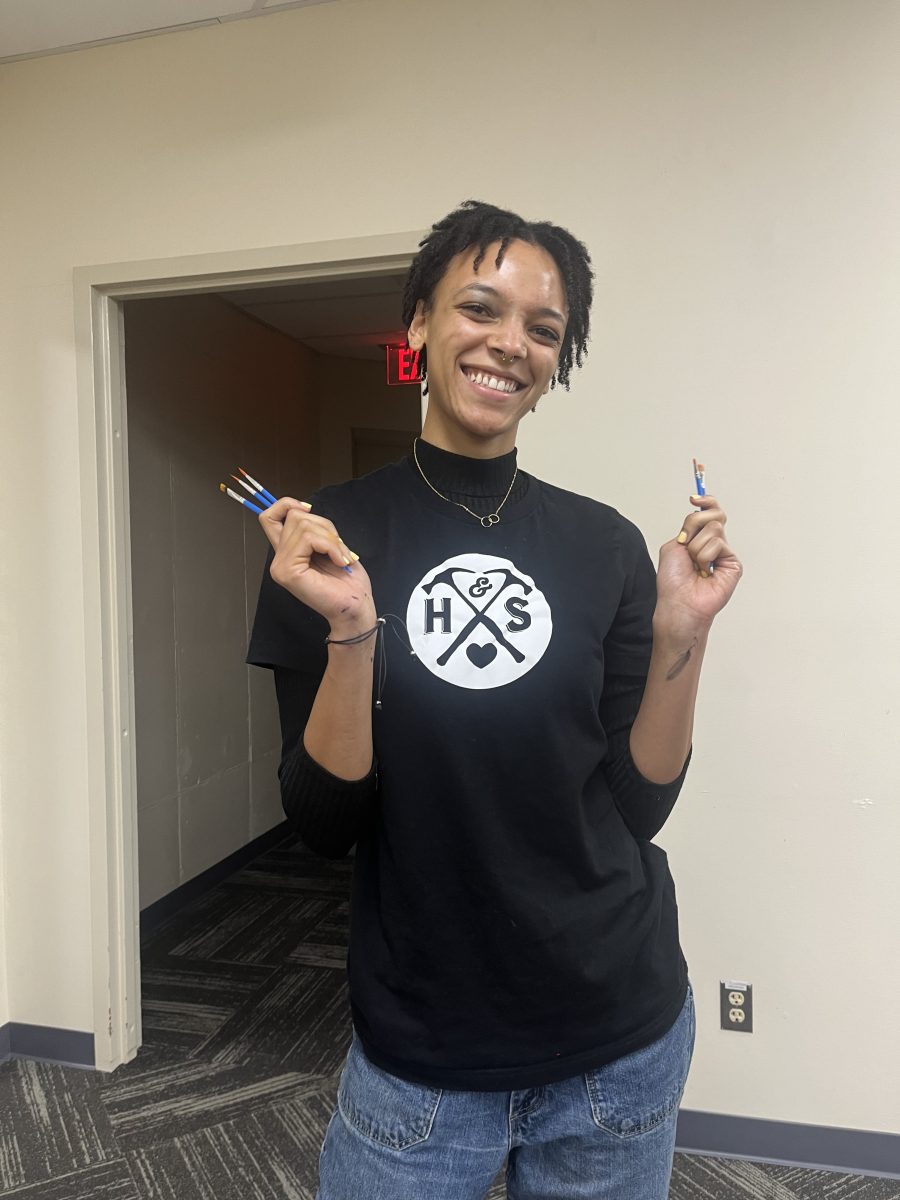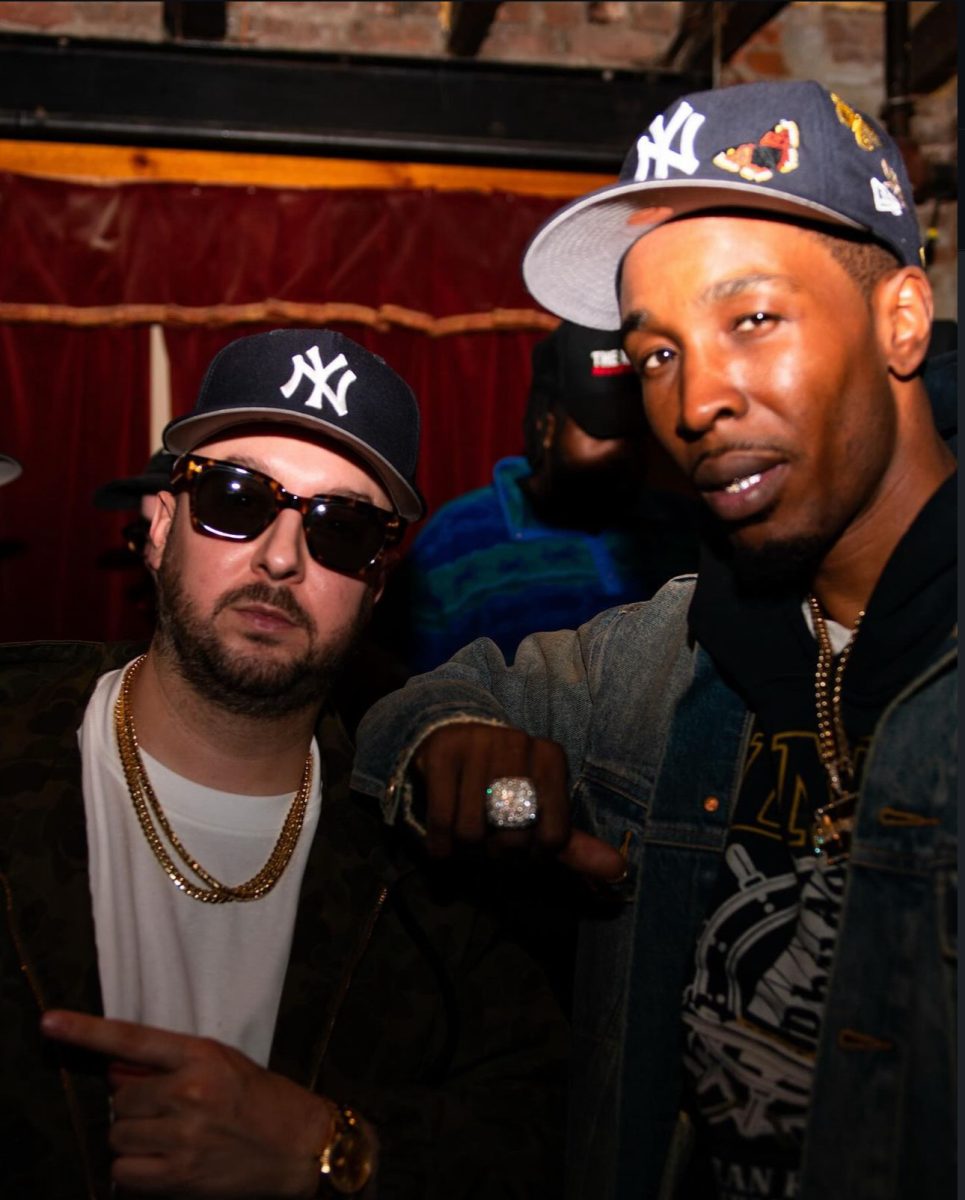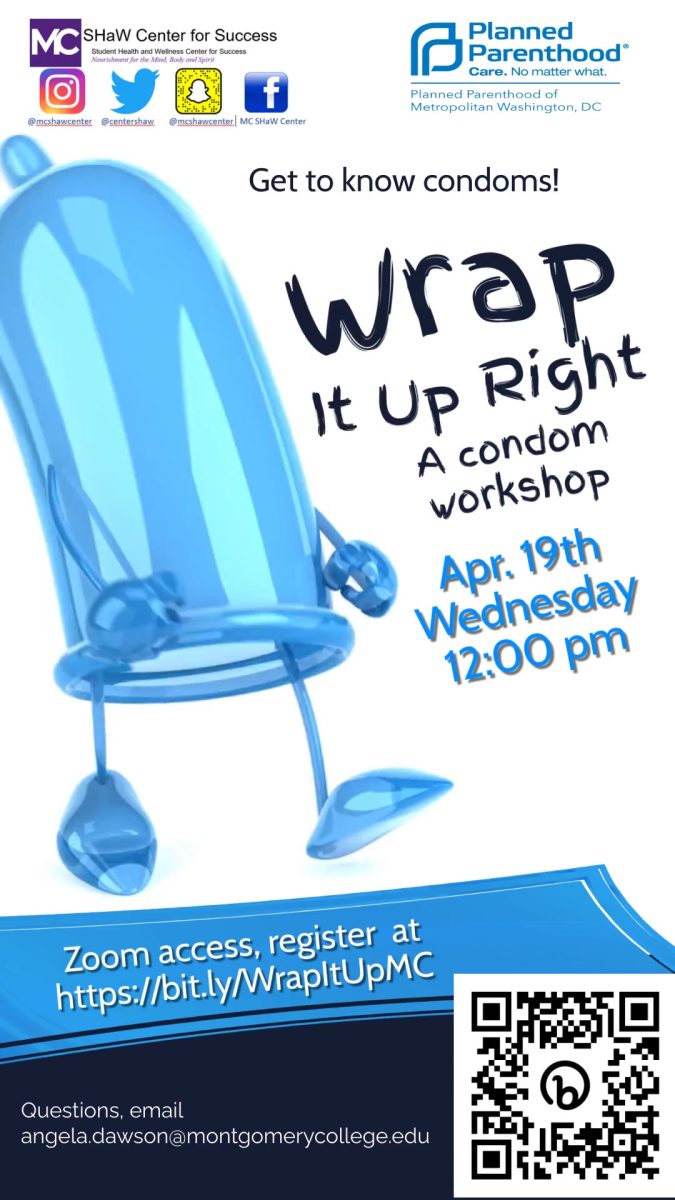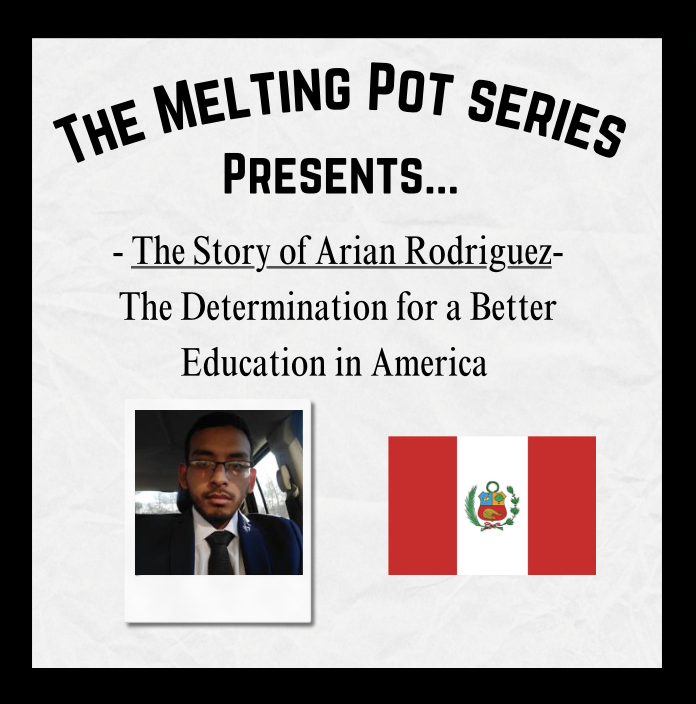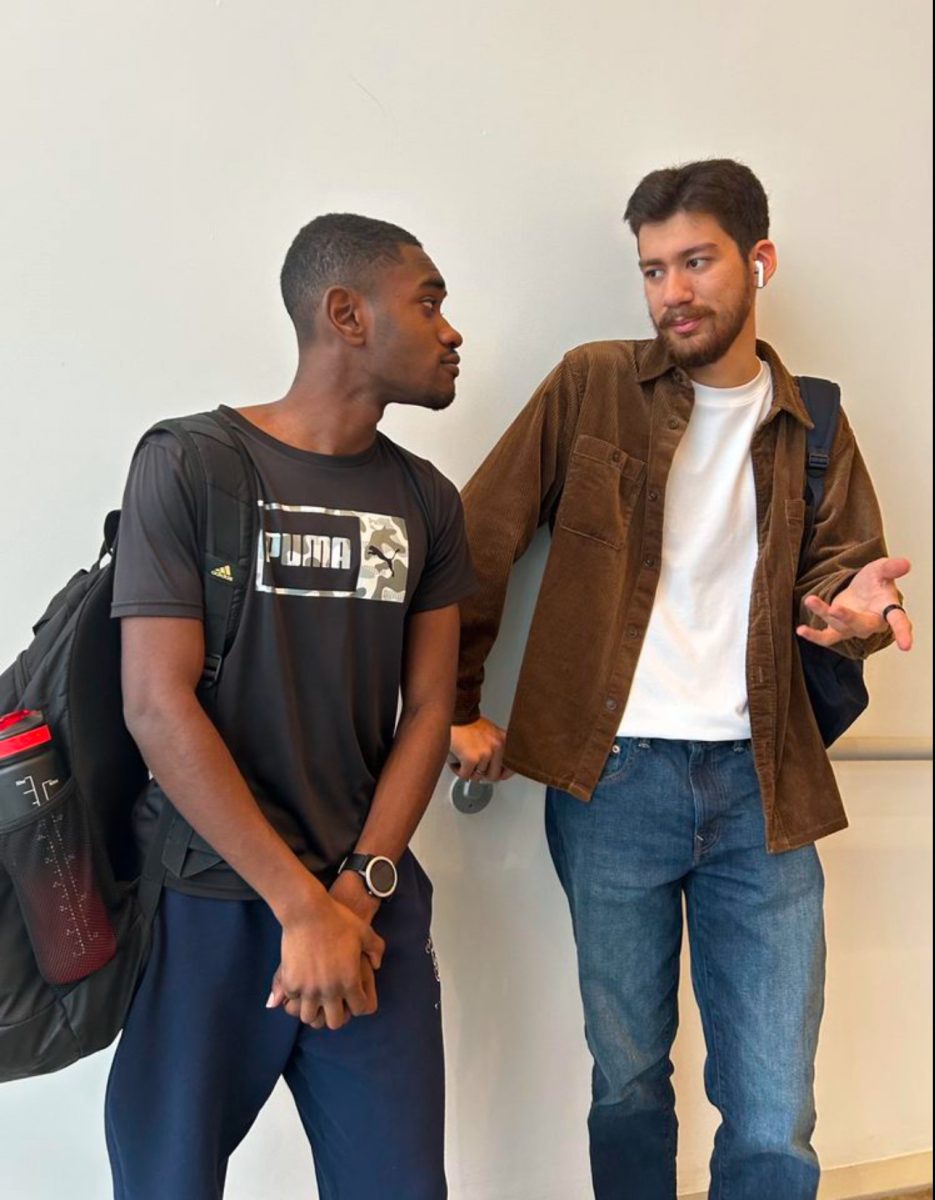Written by Yesenia Pineda
When entering into Montgomery College, there are a variety of resources available to students in many categories. Between resources and help that begin from basic needs, to security, mental health, personal safety education, and physical wellness the Student Health and Wellness center (or ShaW for short) caters to the needs of all students.
While the SHaW center focuses on helping the student body, they also aim to inform the student body in regards to practicing safe sex to avoid HIV/AIDS, STI and STD’s and other forms of dangerous activity that could harm the sexual health and wellbeing of students. “The aim is to provide [holistic] services, programming and education on health and well being. with respect to that, it’s really looking at the many different areas that contribute to our [students] overall health” said Interim Associate Dean of Student Affairs Sue Haddad.
“Under physical wellness [the SHaW center] tries to make sure that students know how to make informed decisions.” said Program Coordinator Doctor Angela Dawson.
As the SHaW center aims to help students in a variety of ways that filter through the mind, the body and heart, the center also connects with organizations such as planned parenthood to give students the necessary tools, guidance, and conversations with regards to aspects around safe sex within the workshops they host.“We have an official partnership with planned parenthood and partnered with [a number of] other organizations within the community that do similar work in a more formal way,“ said Doctor Dawson.
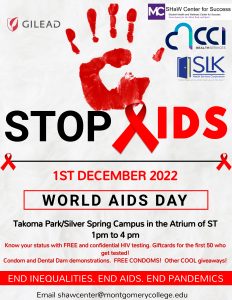
Partnerships and workshops centering around the rising need for preventative care and safe sex practice boils over to the fact that rising numbers of HIV/AIDS has been something that the SHaW center has viewed as a massive necessity for both incoming and outgoing students to understand and know about. “Geographically and specifically in Montgomery County,” said Doctor Dawson “There’s an urgent need to educate on prevention in this area and specifically on HIV as well as STIs.”
For many of us, the rise in availability to use protection for sex is something major for many incoming and outgoing students. Condoms, when in good use are often the go to for many in terms of having sex, performing sexual acts or in of relationships to have intimacy.“We just began getting into the condom distribution in february [we didn’t really know about it] until we began our partnership with these other organizations and through the state [partnered with the health department] that you can get free condoms which others [two year and four year institutions] are doing as well.” Said Doctor Dawson.
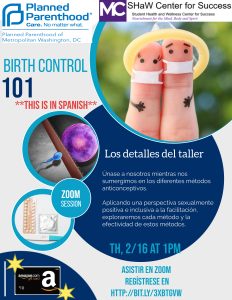
These programs, workshops, events and get togethers are often what makes the difference when a student comes to learn about the dangers of unprotected sex and the consequences regarding HIV/AIDS and STDs within the ages of 18 to 20 above to reproductive health. While many of the events and workshops happen around year long, the need to educate students in the various ways that protect their bodies, mind and heart are often the very front of every matter. “We [the SHaW center] run the program all year long, starting from the first week in September until the last week in august.” said Student Affairs Initiatives Program Manager Sergio Washington.
With having sex or performing sexual acts, the need for consent is also something important that todays modern adult need grasps and understands before getting into the act itself. Along with having workshops to understand the concept of safe sex, the SHaW center also hosts events where students can learn more from licensed professionals in regards to getting consent. “This month, we did two consent workshops [in English and Spanish] that they [partnered organizations] do with consent.” Said Doctor Dawson.
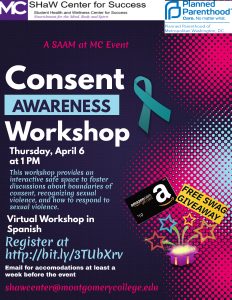
As these events come and go, communicating to the student body happens through emails, peer to peer conversations, flyers, the SHaW center website and through social media post to get the outreach that comes with making these events happen and making sure that students are incredibly well-informed about things happening all around them as the year goes by. “We know that students engage in social media and we try to get them to engage in our social media, draw them [students] in because we don’t want to bombard them with a lot of emails.” Said Doctor Dawson.
Like all clubs or centers with MC there is the additional use of student peer worker which allows the SHaW center to get a more indepth look towards what students liked, disliked, want more or less of but also having the chance to converse in regards to things that happened make the understanding sink in deeply. “The student peer workers and navigators are very instrumental role because [I think] students talk to one another and so I feel that it’s very important,” said Haddad.
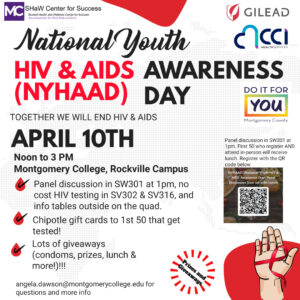
All images that are included are part of the SHaW center events centering on safe sex practice and HIV/AIDS awareness.


